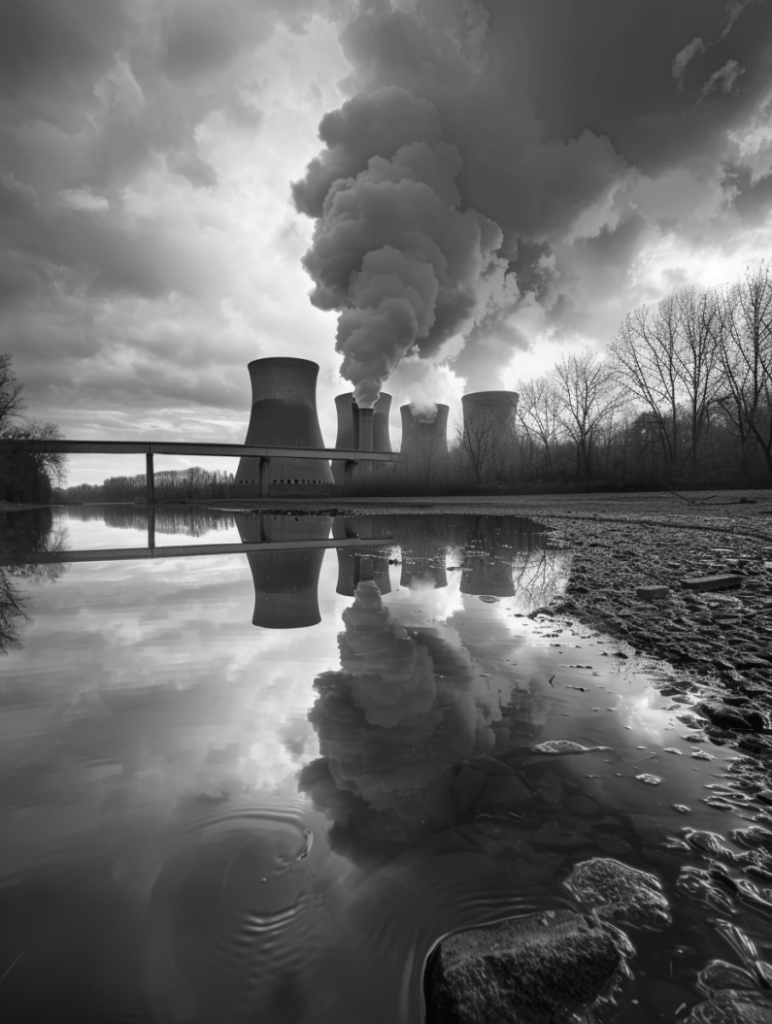On This Day, March 28, 1979, one of the most serious nuclear accidents in U.S. history began unfolding at the Three Mile Island nuclear power plant near Harrisburg, Pennsylvania. A series of equipment malfunctions and human errors led to a partial meltdown of the Unit 2 reactor’s uranium core.
The incident was initiated around 4 am when a pressure valve failed to close properly after being automatically opened. This triggered a chain of events where cooling water rapidly drained from the reactor. As temperatures soared, the uranium core began experiencing partial melting.
Though controlled releases of radioactive gases occurred to relieve pressure, officials repeatedly provided misleading information that downplayed the severity of the accident in the crucial early hours and days. It took nearly a week to finally stabilize the overheated reactor and end the most dangerous phase.
The Three Mile Island accident wrongfully spooked the American public and sparked intense fear over nuclear safety, even though experts concluded only a small amount of radiation was released. The psychological, economic and political impacts reverberated for decades, sadly slowing the growth of the nuclear power industry amid heightened public opposition and overhauled safety regulations.
